Description
Sesame seeds add a nutty taste and a delicate, almost invisible, crunch to many Asian dishes. They are also the main ingredients in tahini (sesame seed paste) and the wonderful Middle Eastern sweet call halvah. They are available throughout the year. Sesame seeds may be the oldest condiment known to man. They are highly valued for their oil which is exceptionally resistant to rancidity. “Open sesame”—the famous phrase from the Arabian Nights—reflects the distinguishing feature of the sesame seed pod, which bursts open when it reaches maturity. The scientific name for sesame seeds is Sesamun indicum.
Not only are sesame seeds an excellent source of copper and a very good source of manganese, but they are also a good source of calcium, magnesium, iron, phosphorus, vitamin B1, zinc, molybdenum, selenium, and dietary fiber. In addition to these important nutrients, sesame seeds contain two unique substances: sesamin and sesamolin. Both of these substances belong to a group of special beneficial fibers called lignans, and have been shown to have a cholesterol-lowering effect in humans, and to prevent high blood pressure and increase vitamin E supplies in animals. Sesamin has also been found to protect the liver from oxidative damage.
- Add sesame seeds into the batter the next time you make homemade bread, muffins or cookies.
- Sesame seeds add a great touch to steamed broccoli that has been sprinkled with lemon juice.
- Spread tahini (sesame paste) on toasted bread and either drizzle with honey for a sweet treat or combine with miso for a savory snack.
- Combine toasted sesame seeds with rice vinegar, soy sauce and crushed garlic and use as a dressing for salads, vegetables and noodles.
- Healthy sauté chicken with sesame seeds, soy sauce, garlic, ginger and your favorite vegetables for a healthy, but quick, Asian-inspired dinner.
Dry herbs also have spiritual significance when used in rituals, candles, mojo bags, etc. Many everyday herbs are magical tools hidden in plain sight. Our ancestors knew the spiritual power contained in a simple herbal infusion. More than just treatments for physical ailments, herbal medicine used to be a way of life, supporting spiritual, emotional and physical health.
Dry herbs when eaten or drank can benefit the digestive system, appetite, cramps, coughs, the common cold, nausea, heartburn, headaches and hay fever. Some natural herbs calm the nerves, promote sleep, lower blood pressure, fight infection, bring down a fever, cure insomnia, cleanse internal organs, strengthen memory, purify the blood or boost your immune system. There are many natural herbs packed with vitamins and minerals, some carrying more nutrition than food.

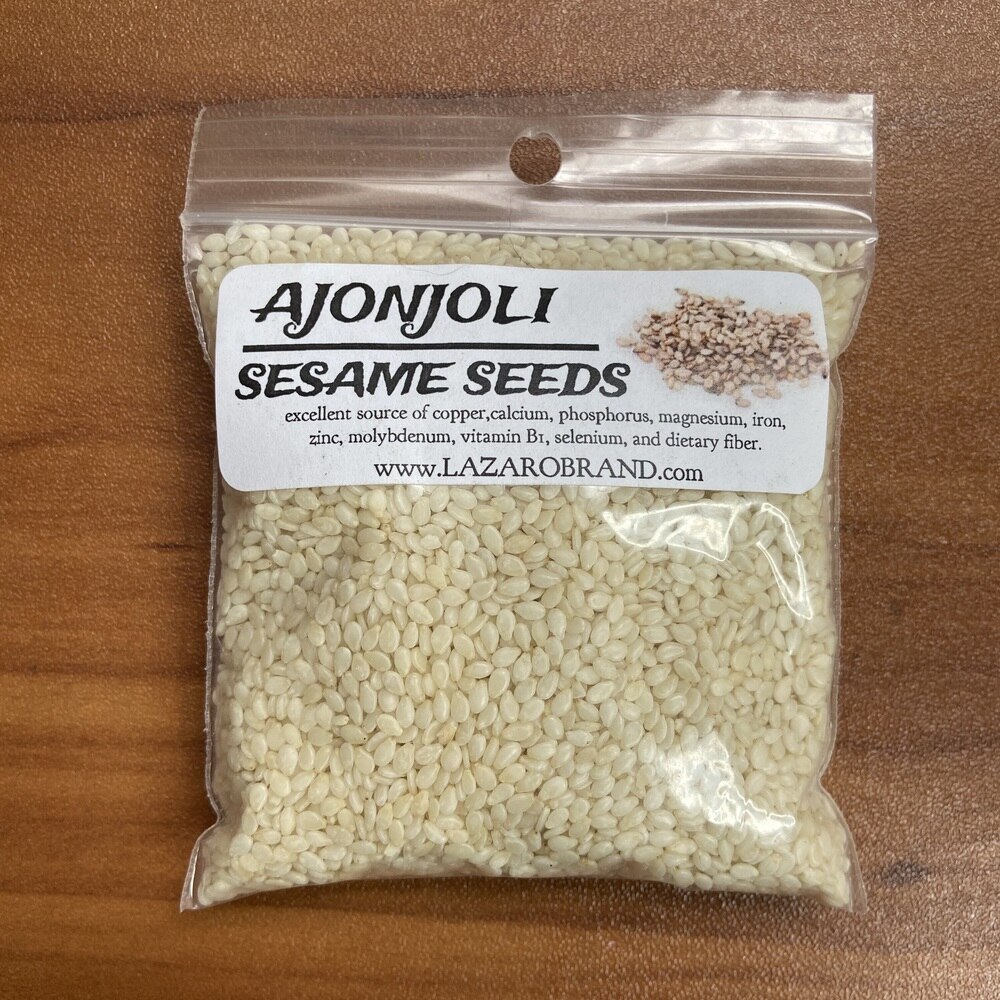
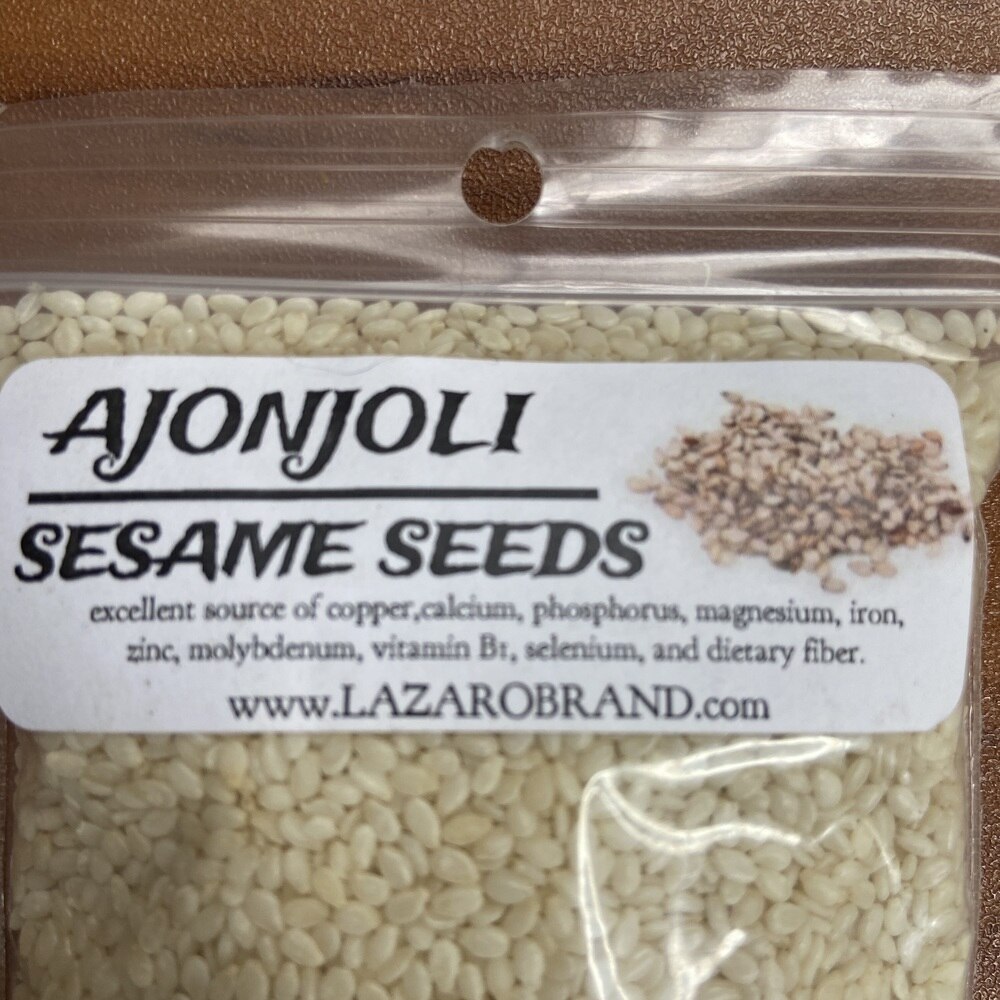
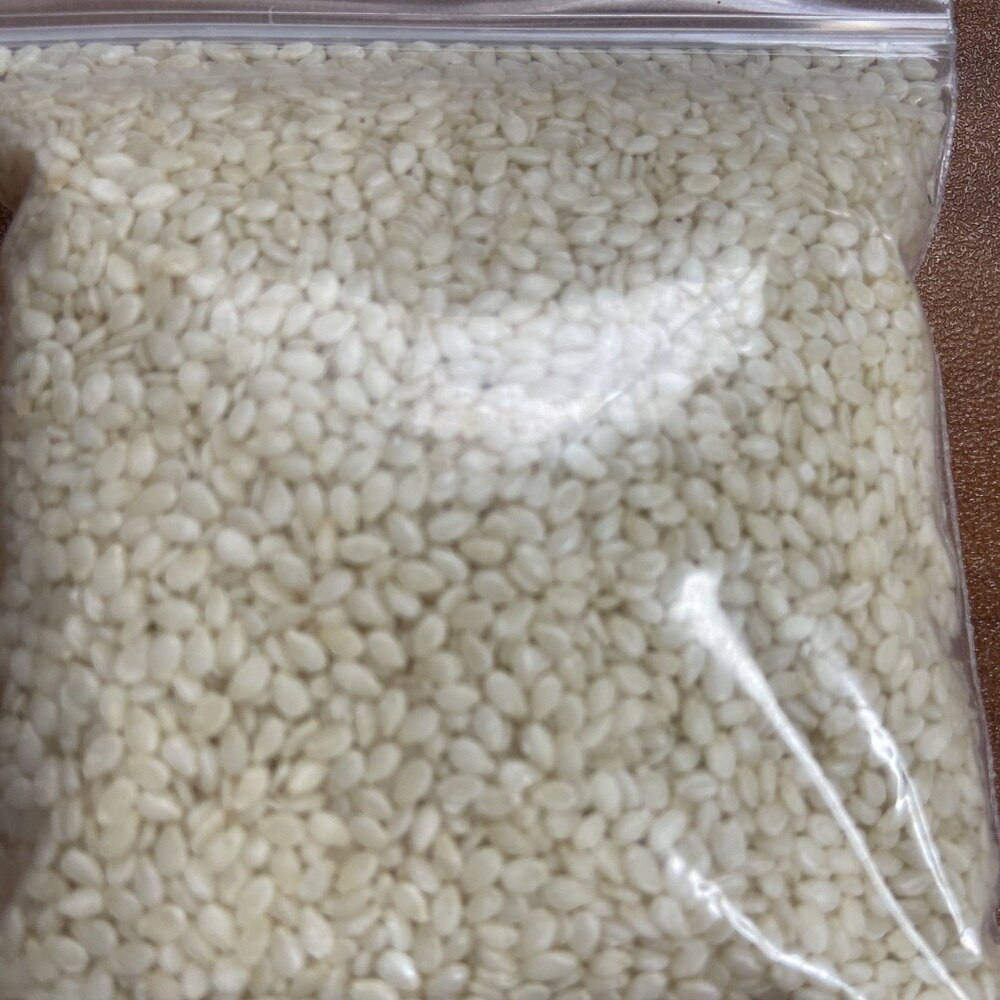
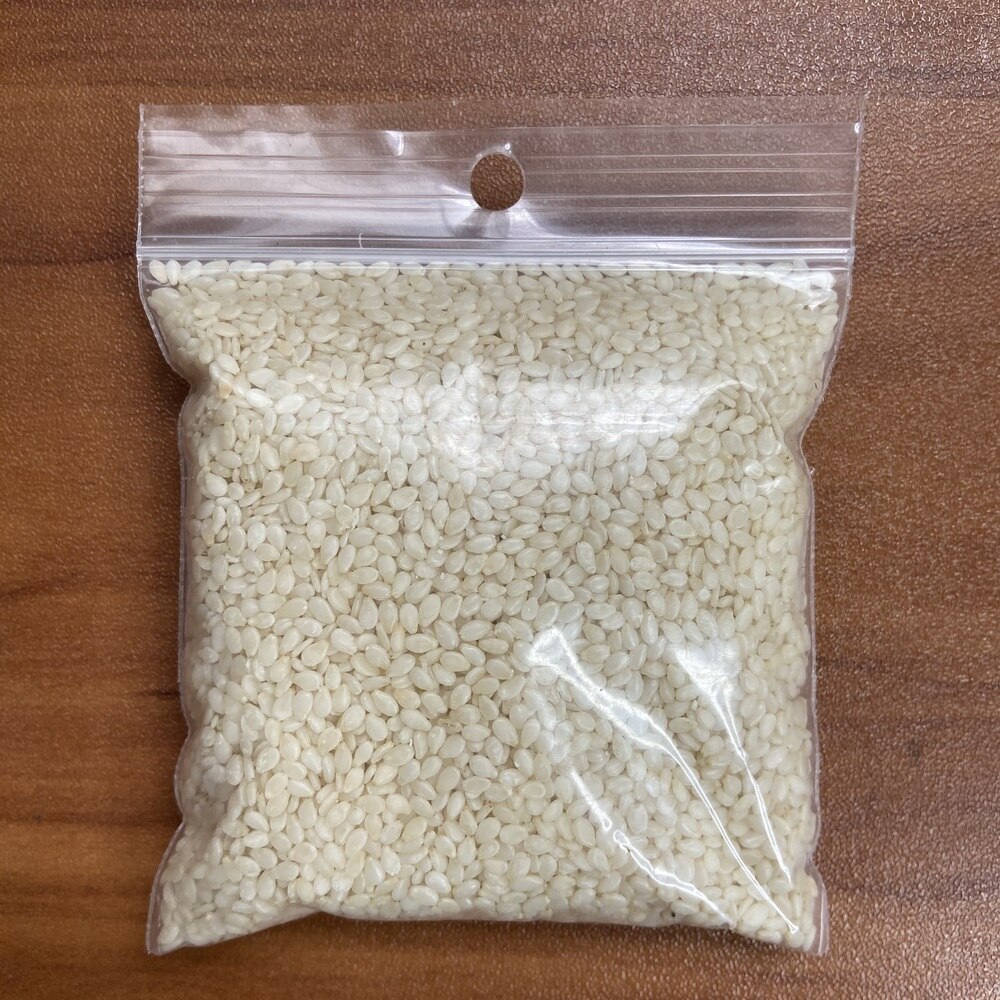
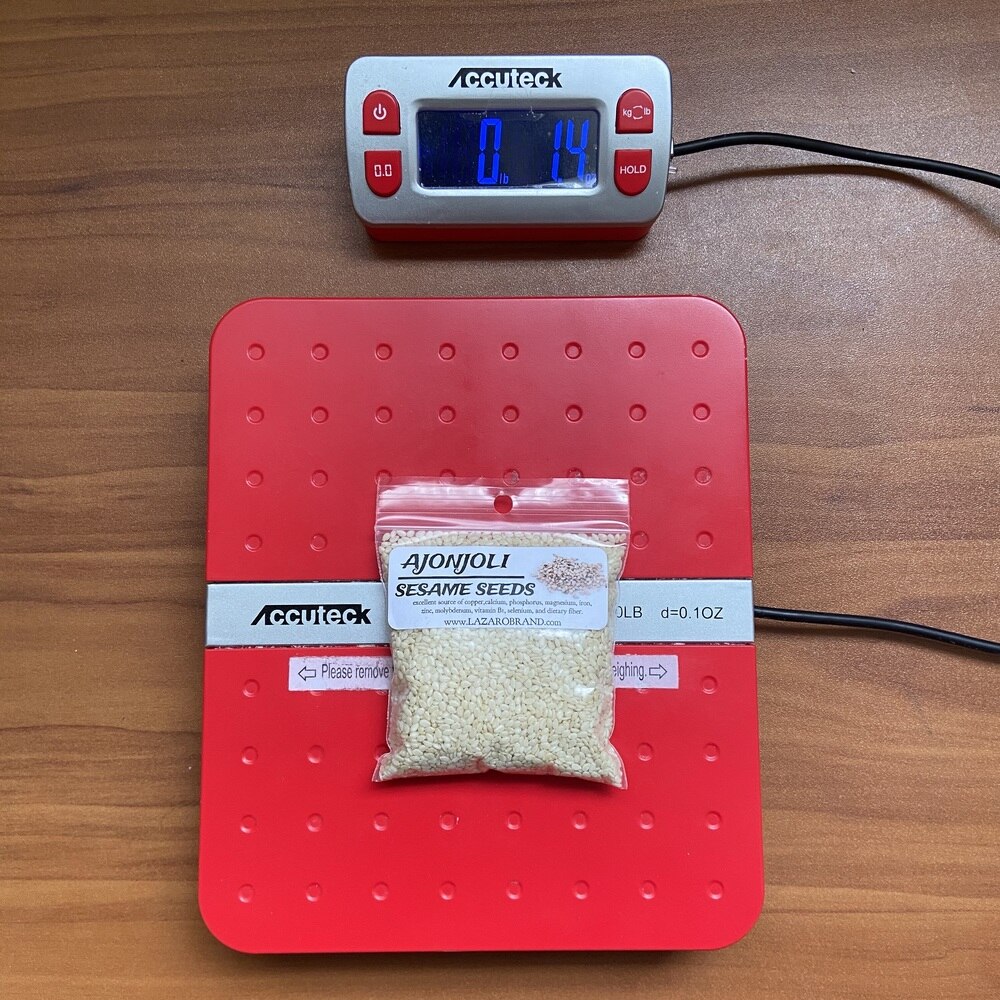
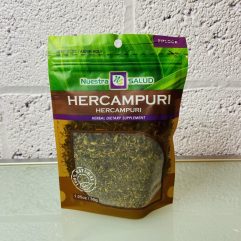
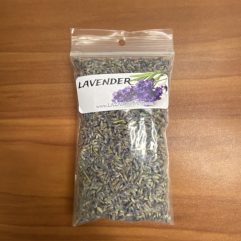
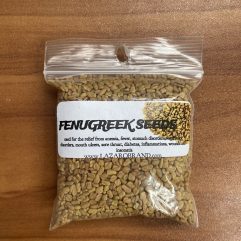
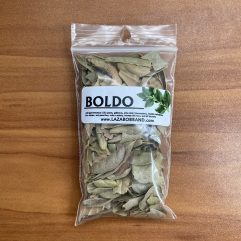
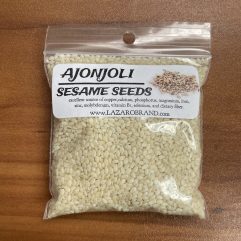
Reviews
There are no reviews yet.